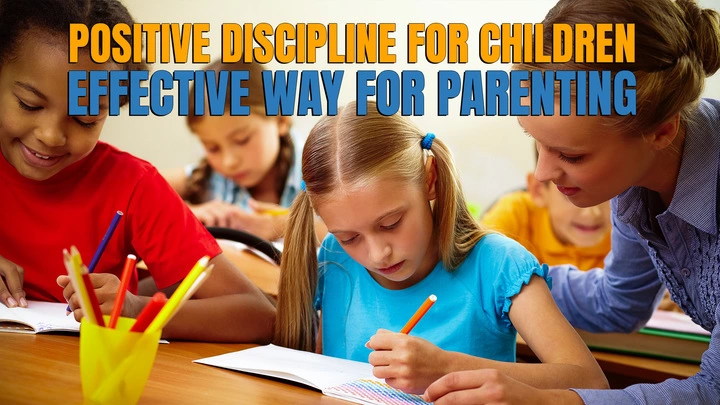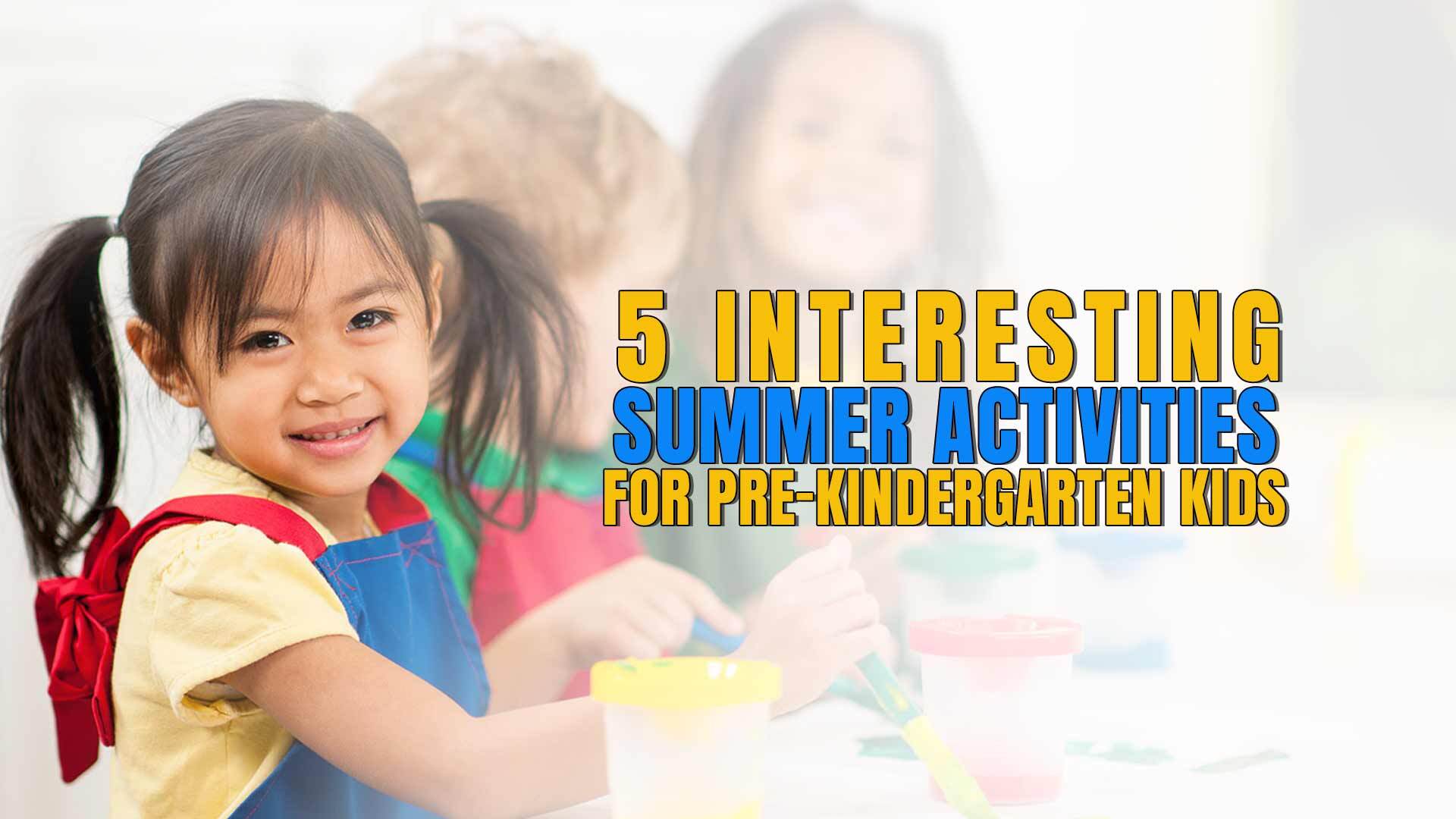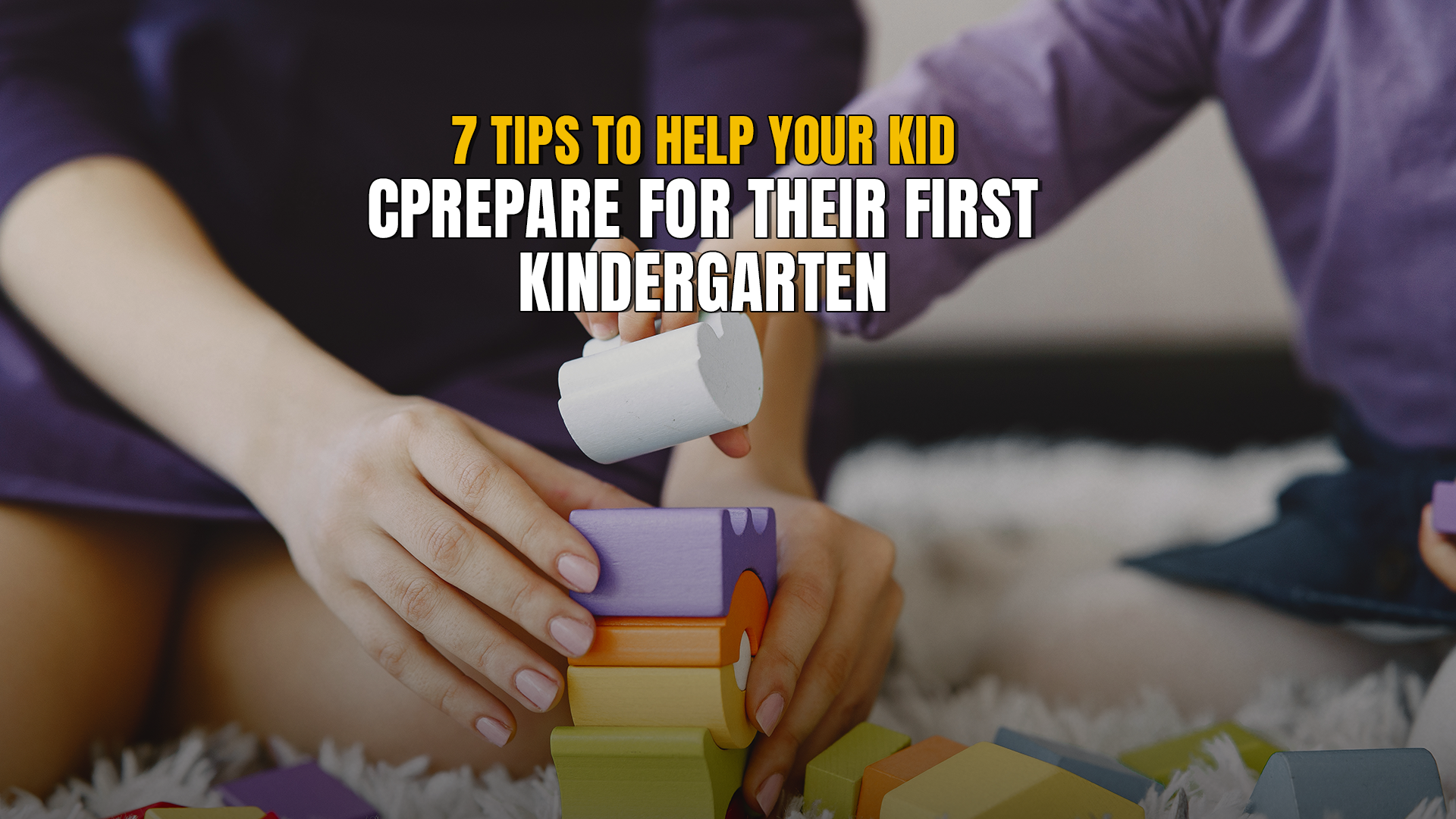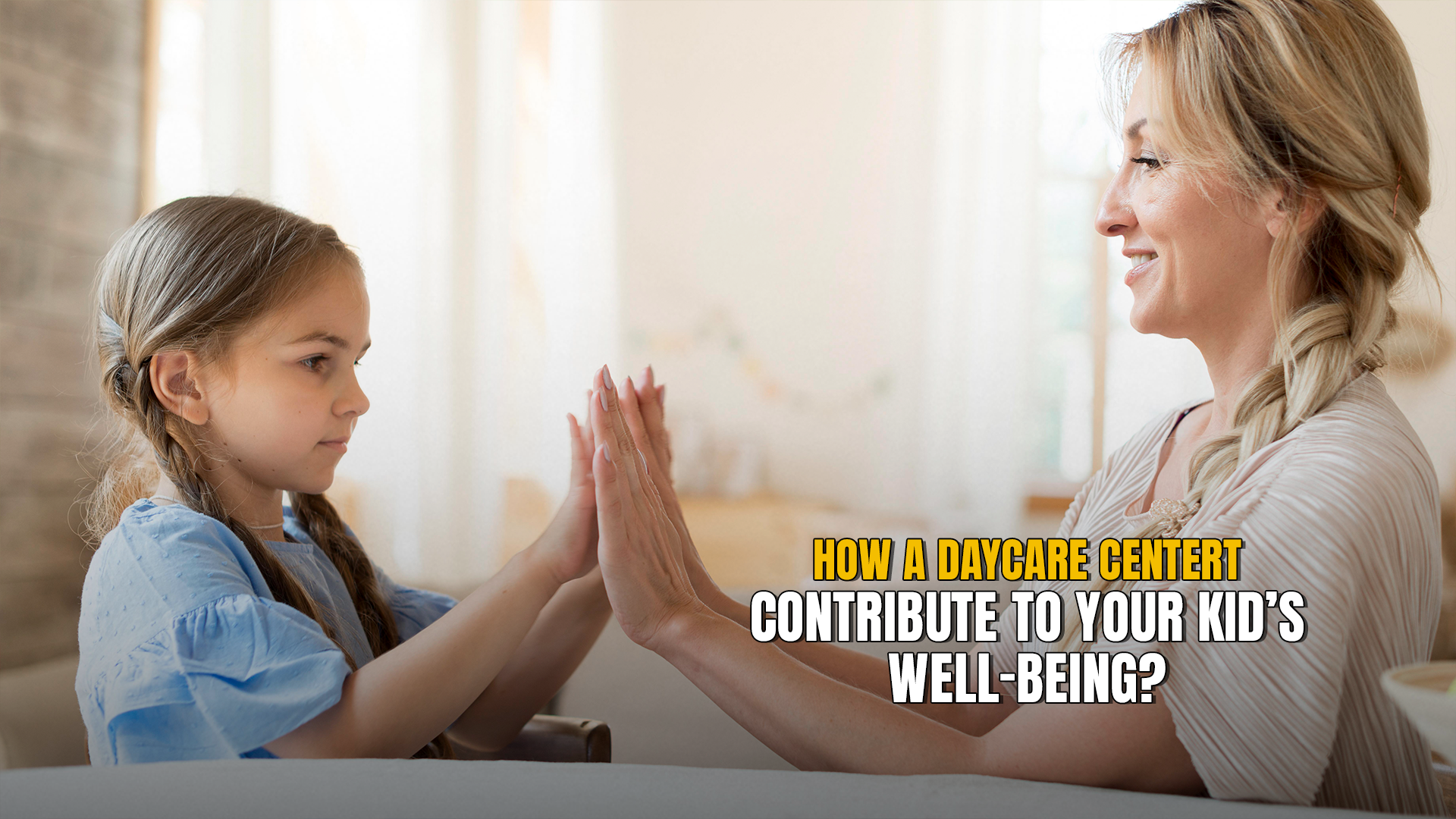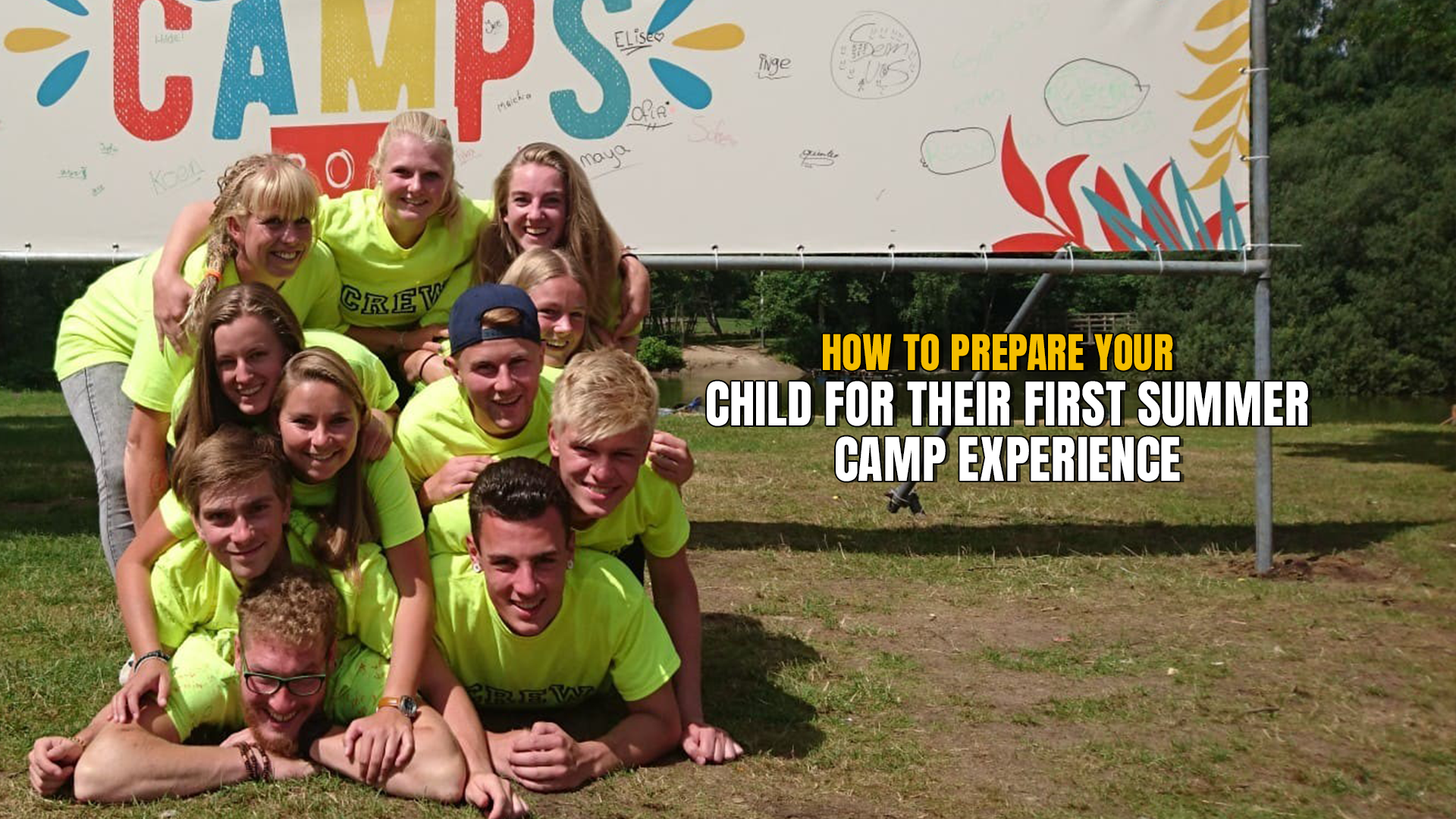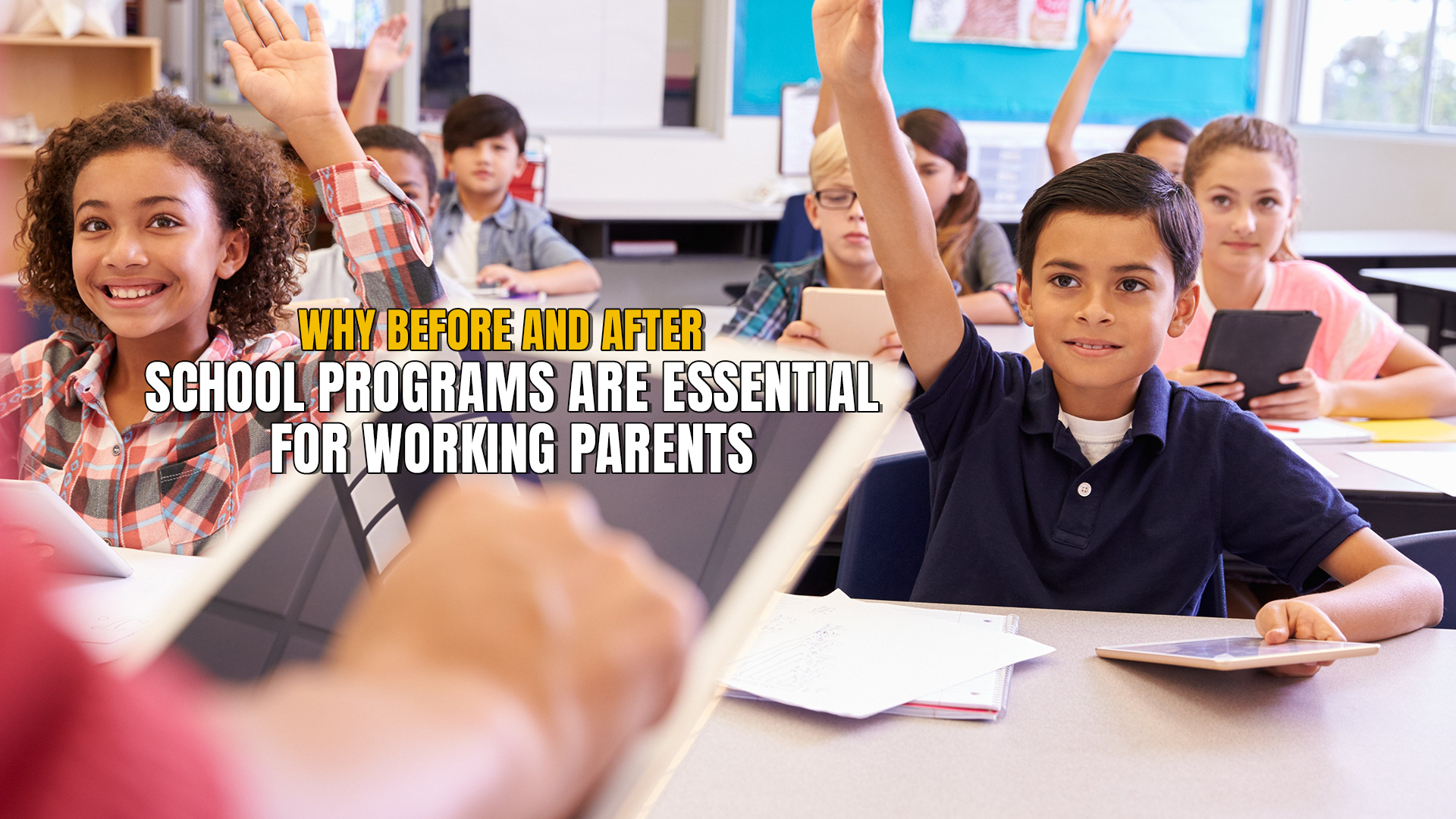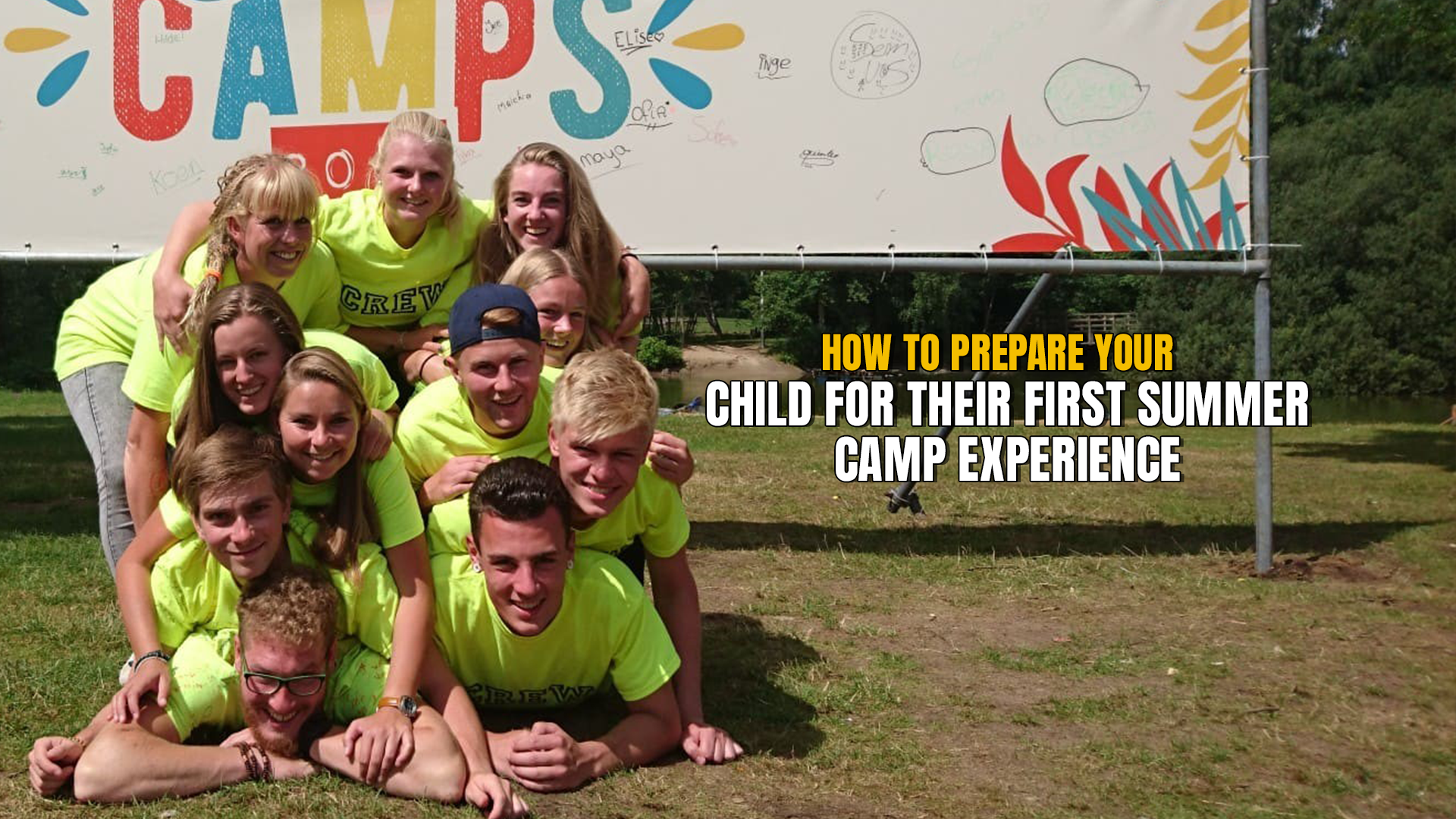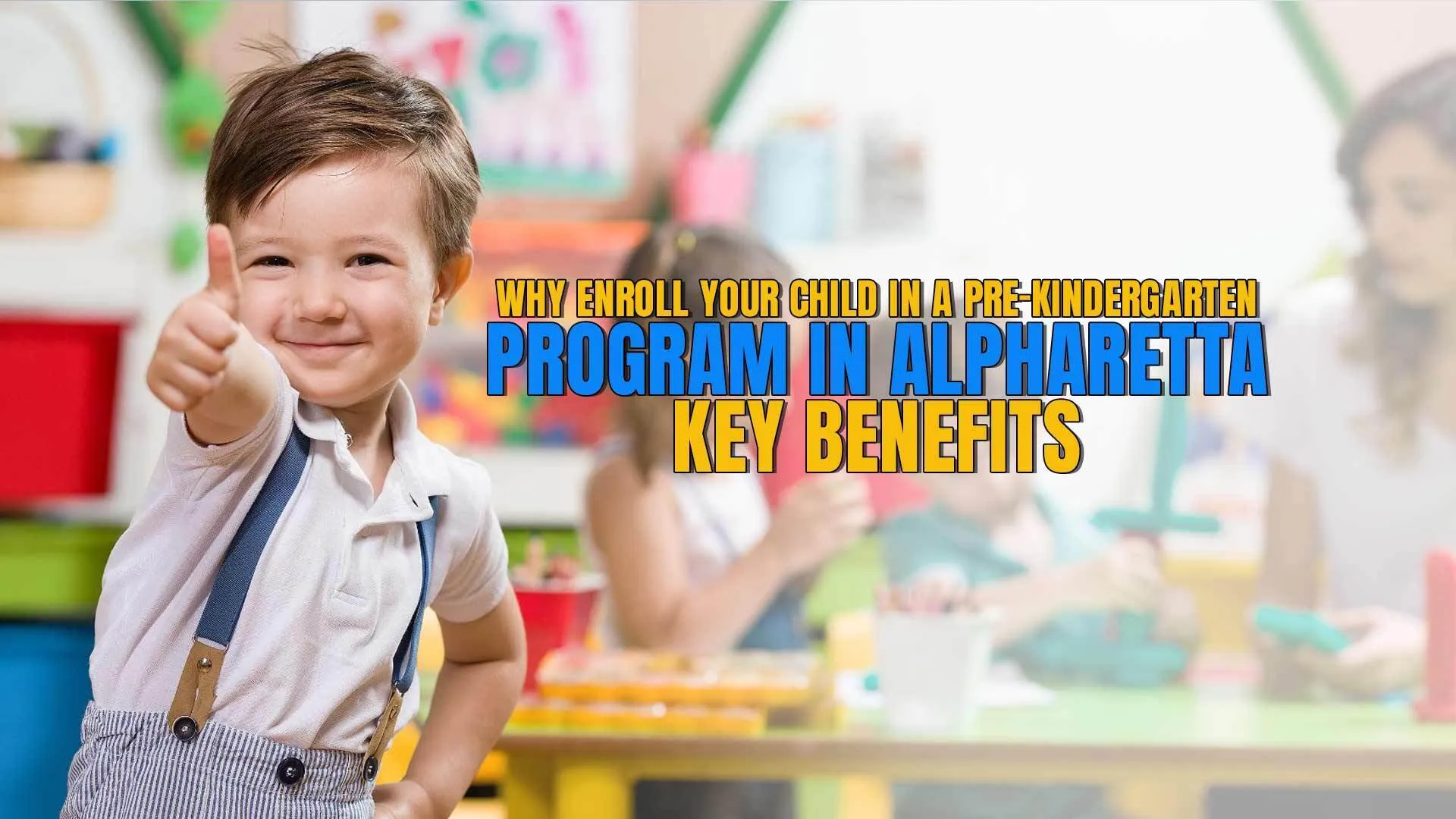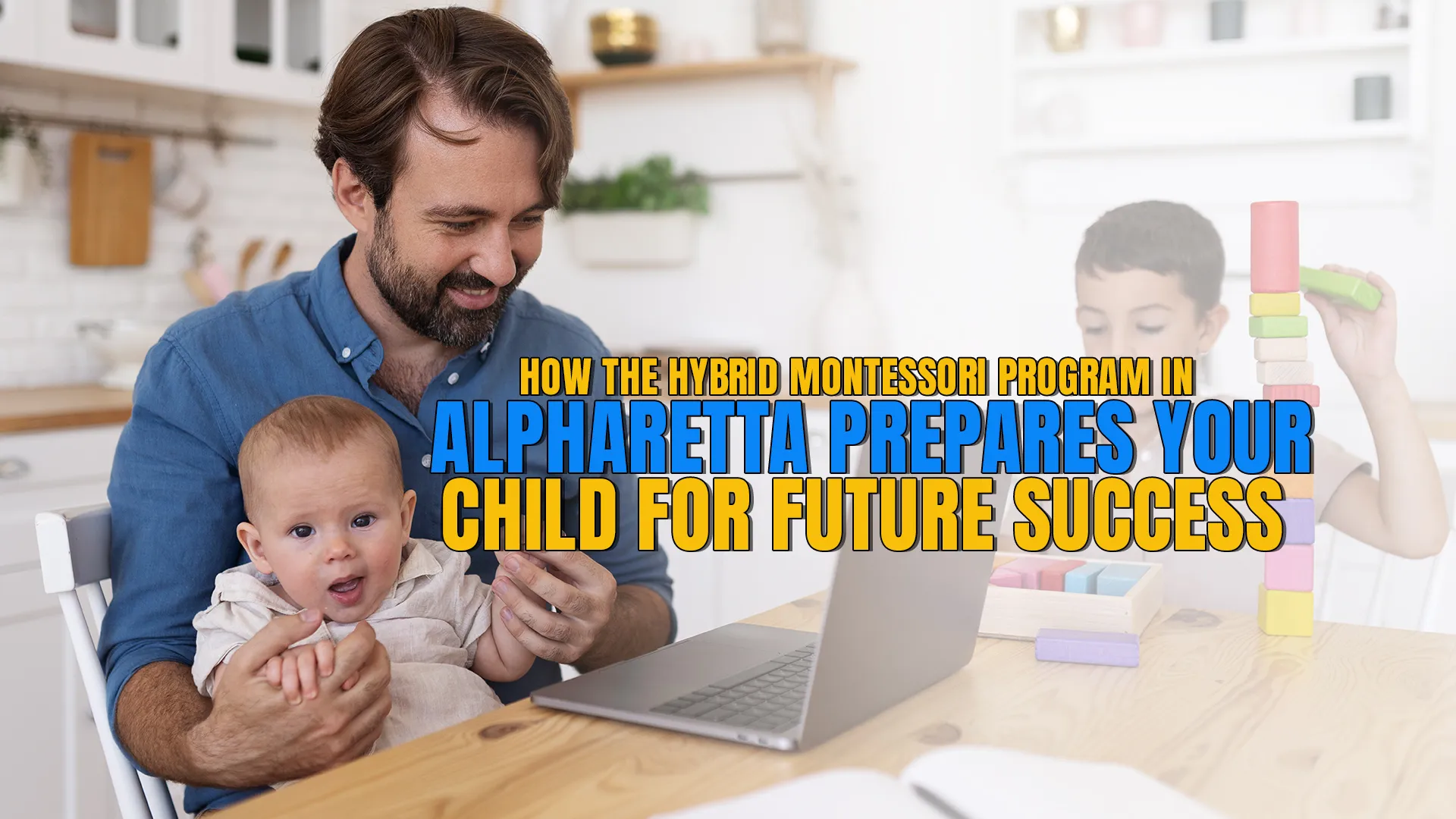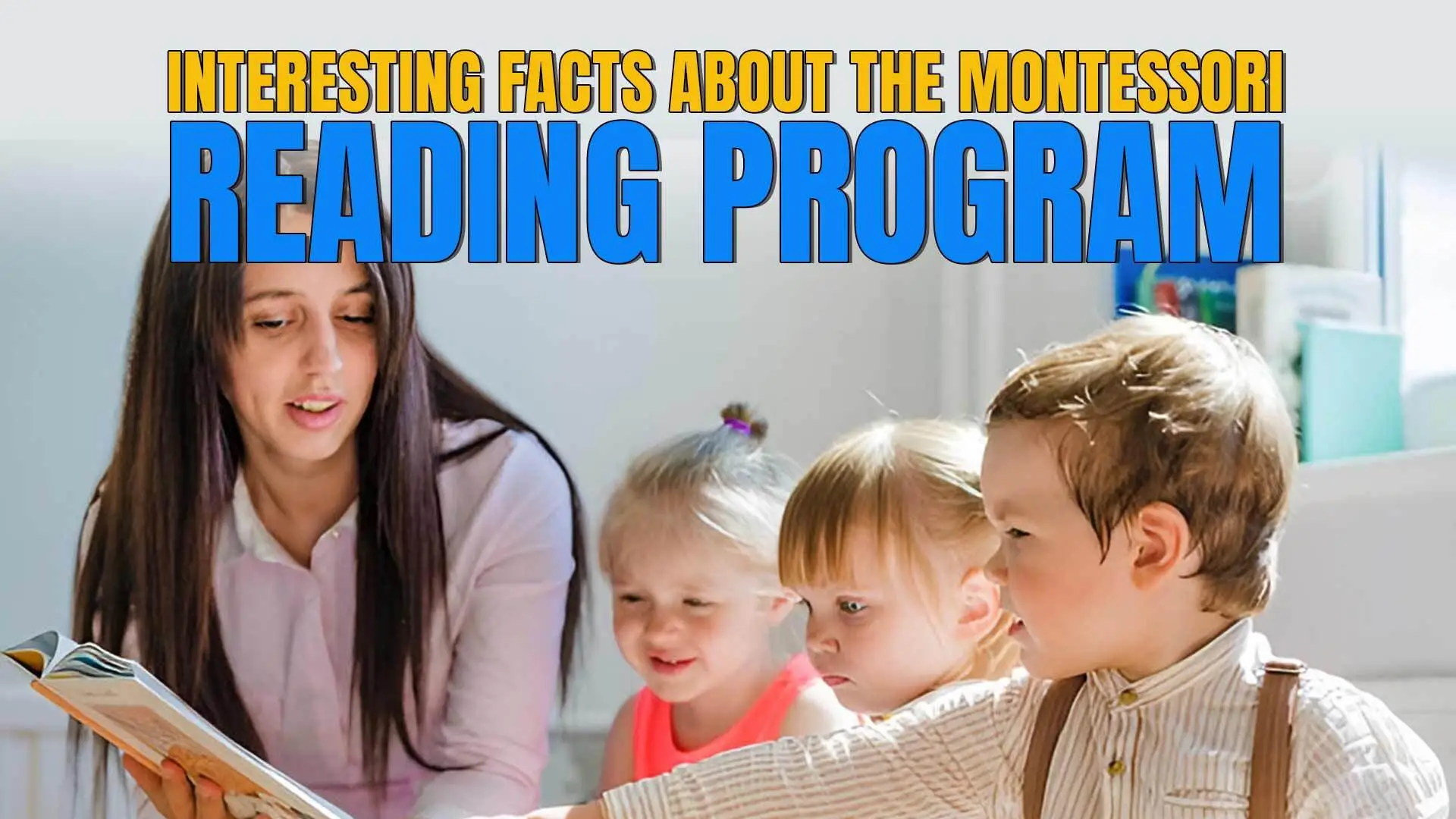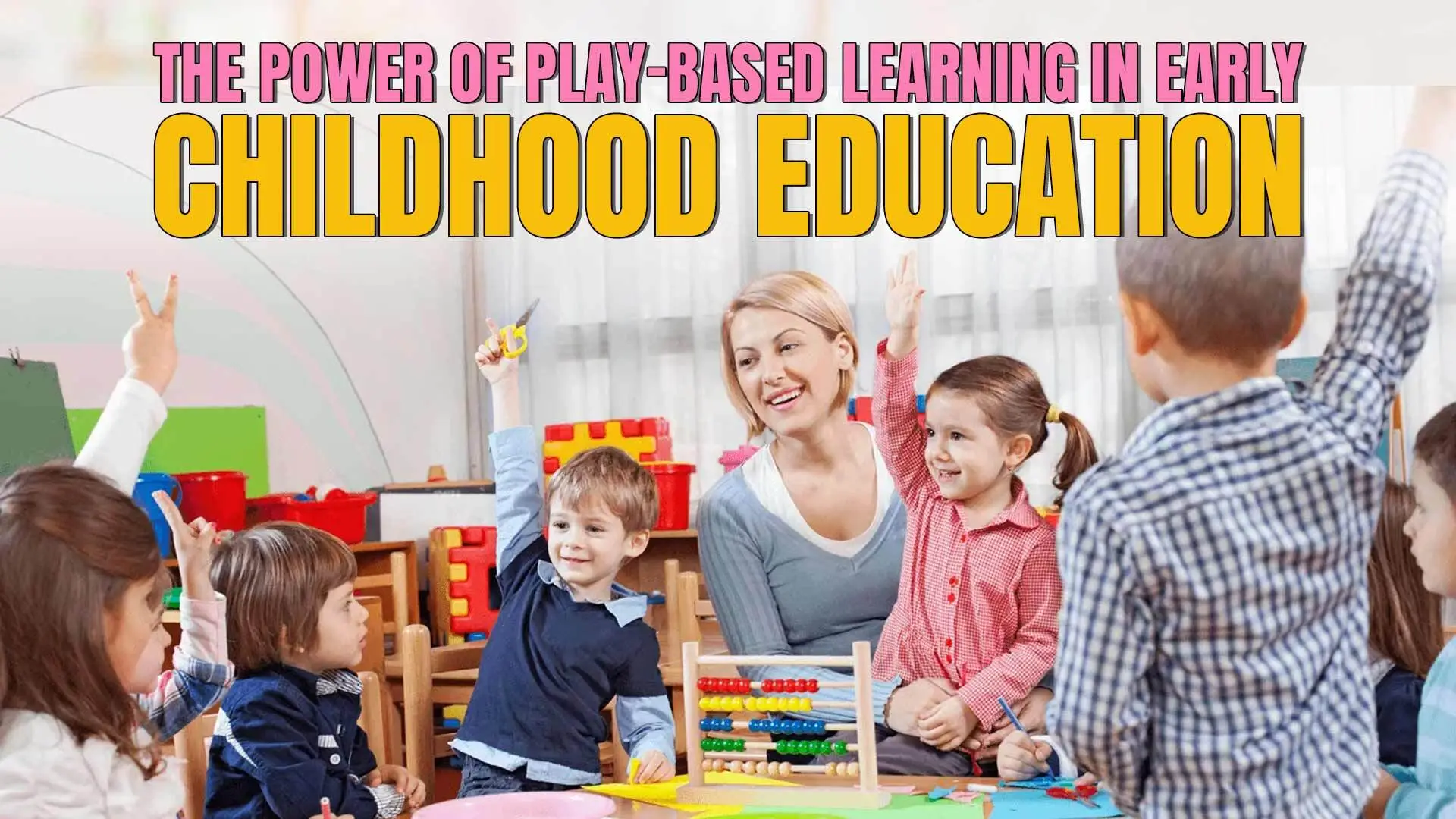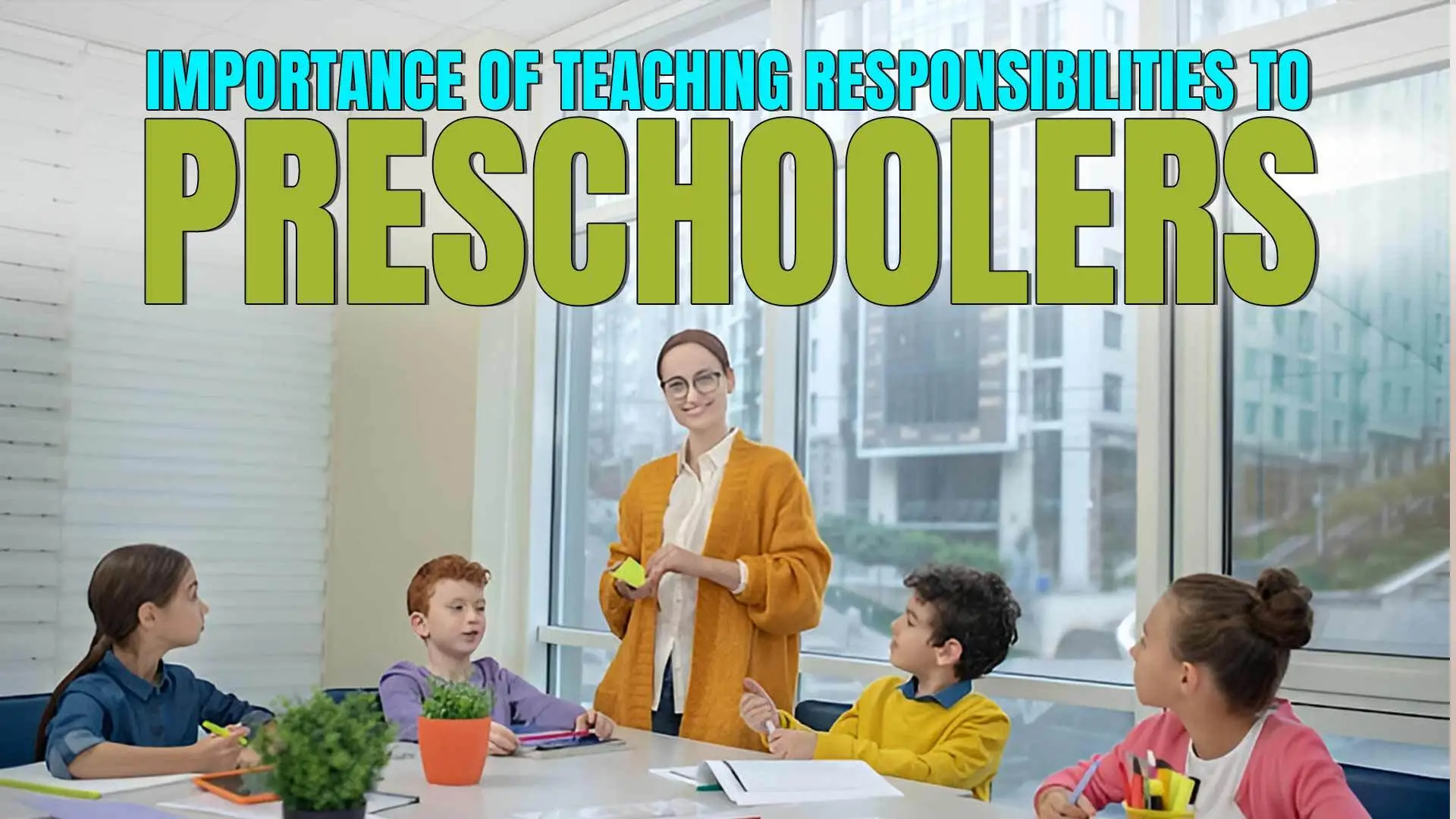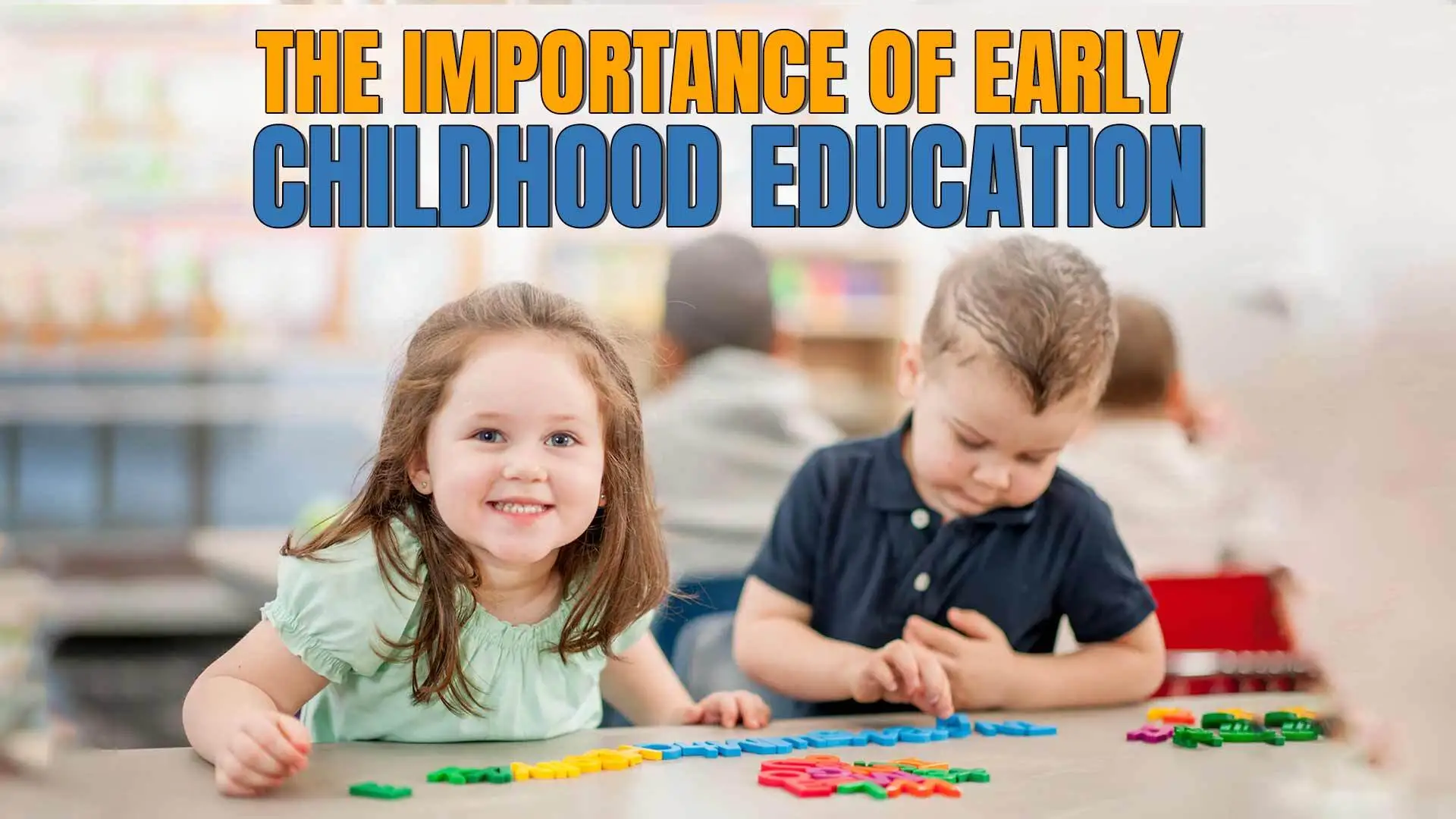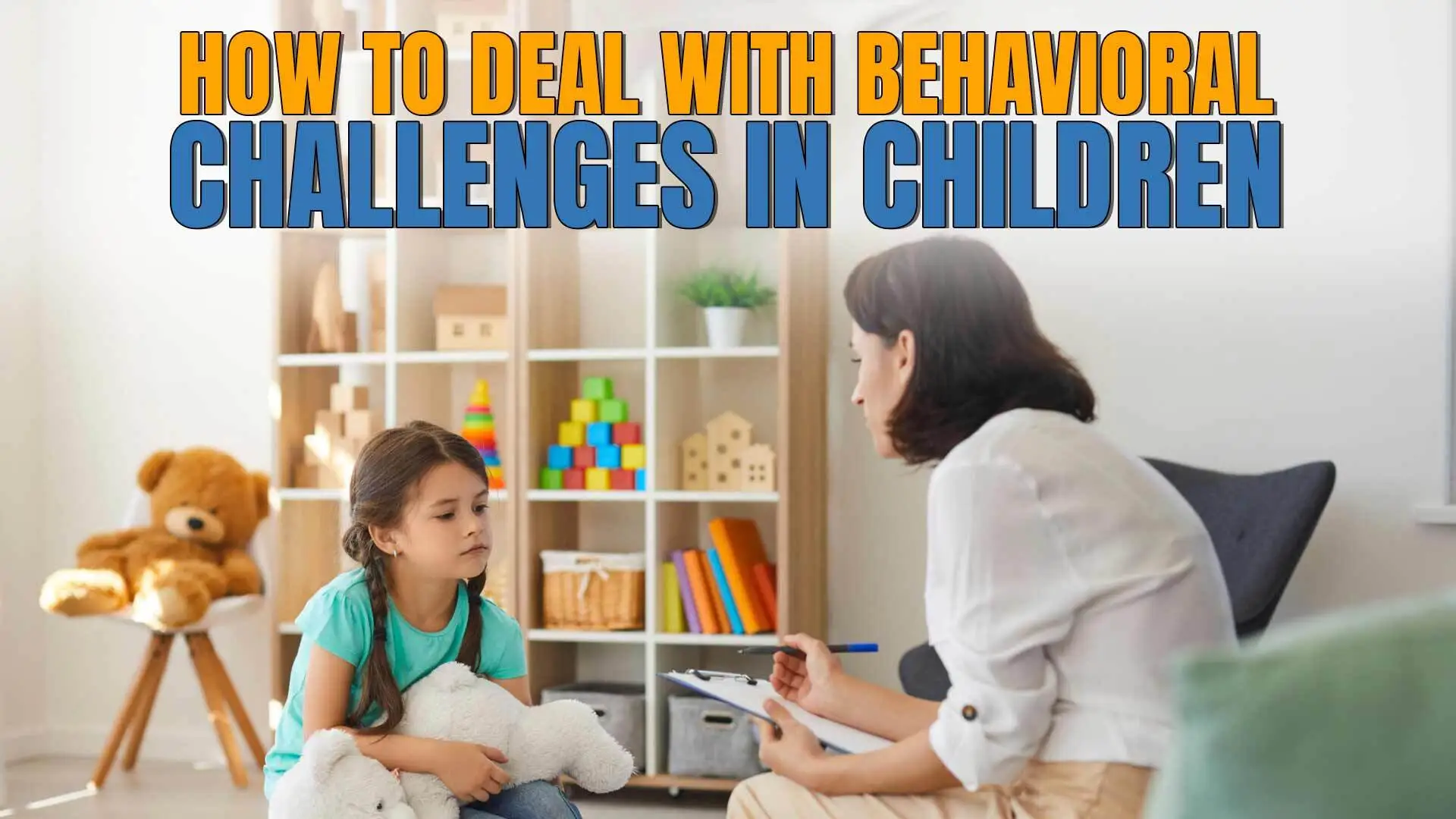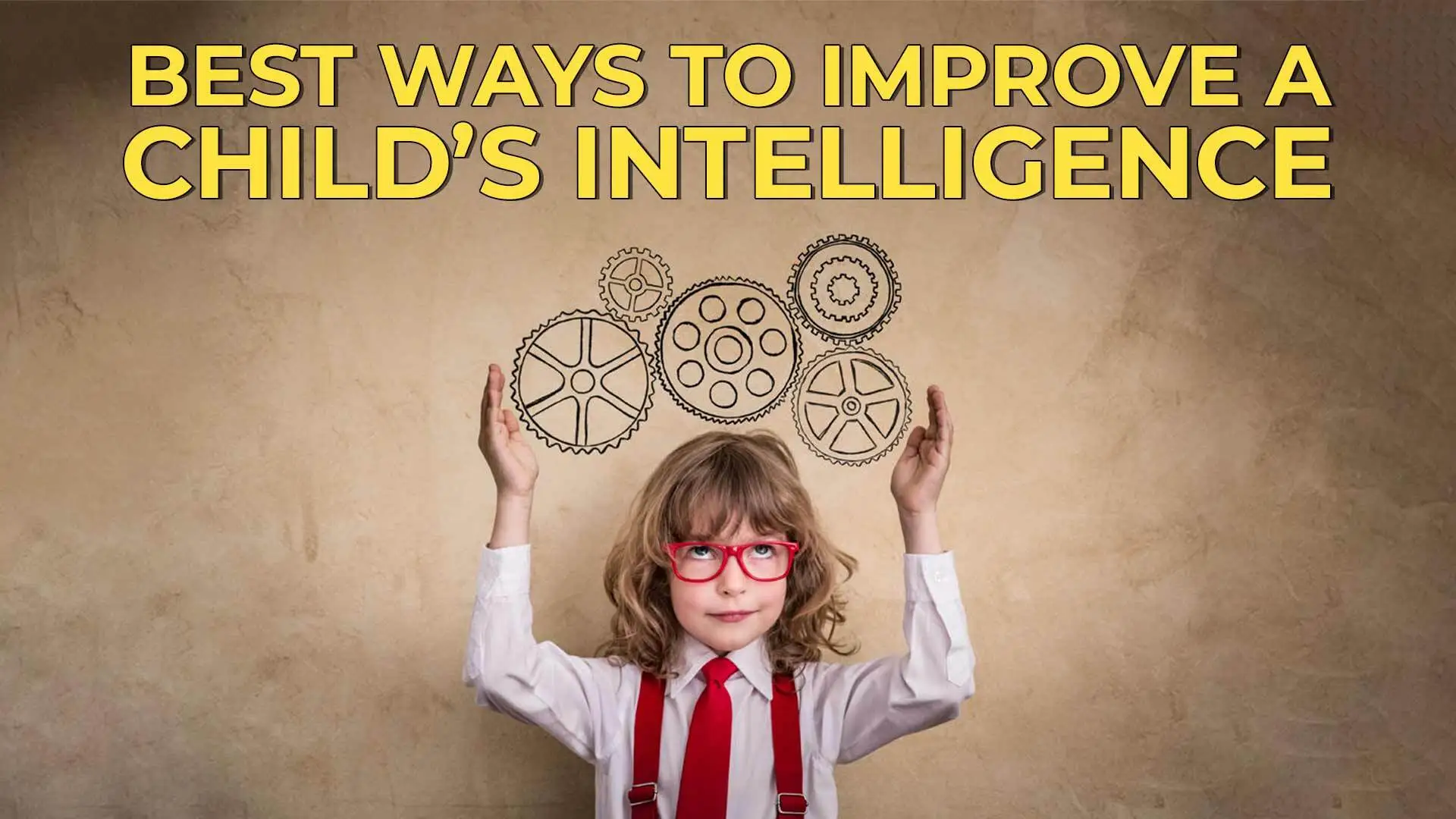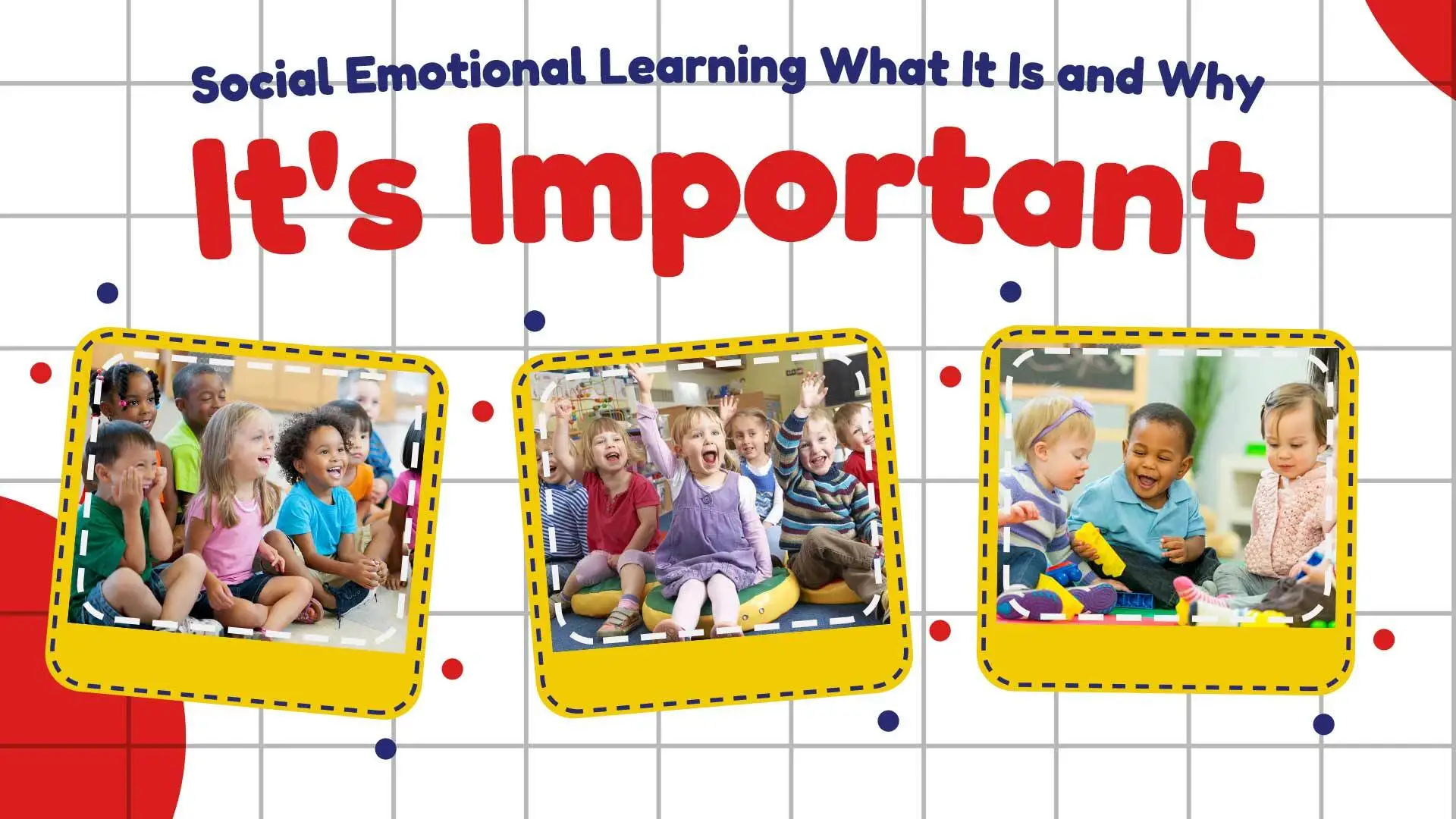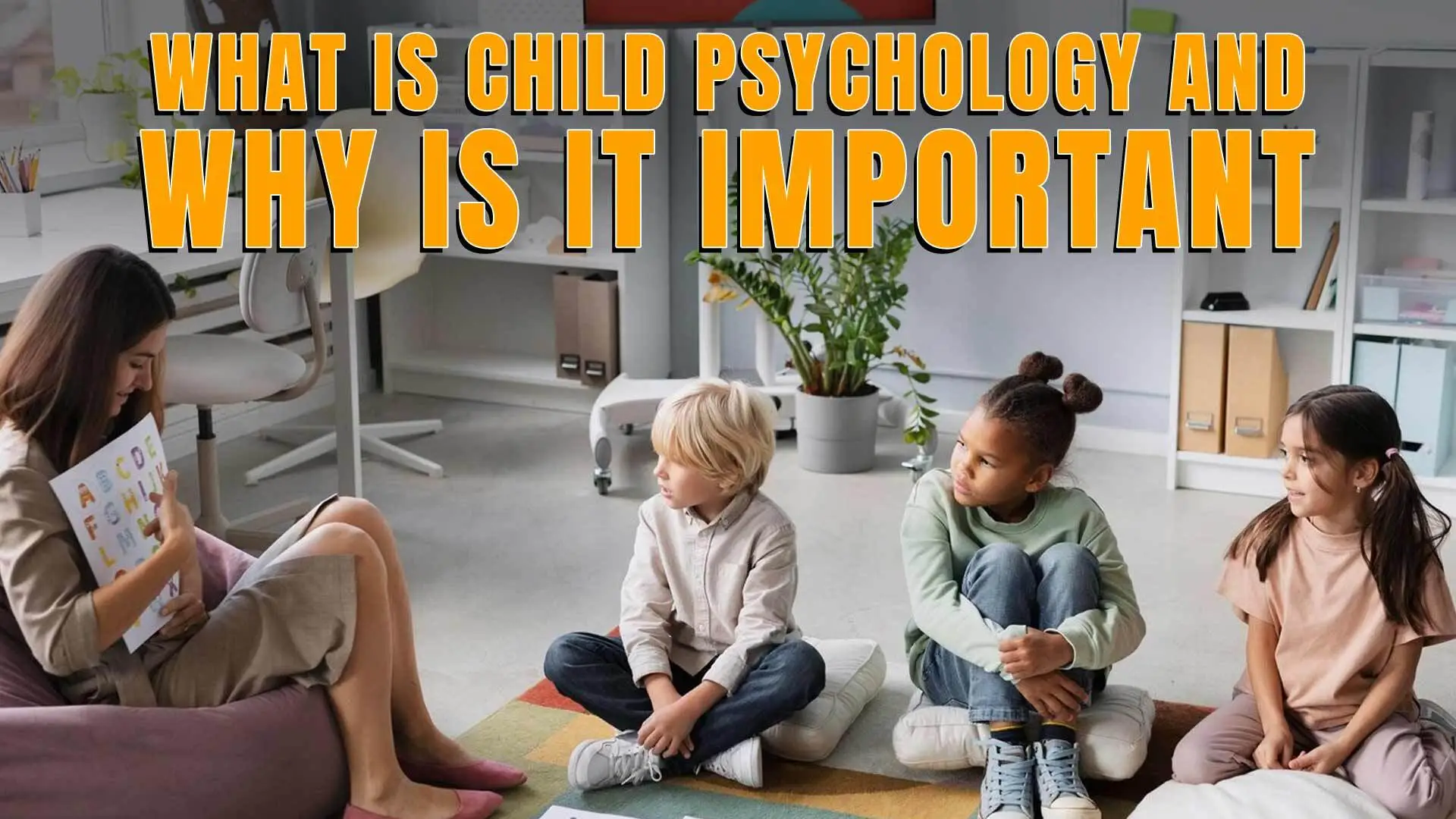Discipline is like teaching and helping kids learn, but some people mix it up with punishment and control. Parents often feel confused about how to set rules and help their kids learn self-control. When kids behave badly, calming them without being too strict is challenging. Discipline goes beyond punishment; it’s about guiding kids to make good choices and learn. This guide will help parents with effective ways to teach and explain why discipline is important.
In this article we will explore why positive discipline for children matters and discover straightforward and proven discipline methods that will make a positive impact on your child’s behaviour.
Table of Contents
ToggleWhy Positive Discipline is Important?
The goal of discipline is to guide and teach, not to punish. The foundation of discipline is a warm and trusting relationship, where you help children learn to behave appropriately for their age in different situations, solve problems, explore the world and learn appropriately.
Discipline should be fair and consistent. If you respond differently in similar situations or to similar behaviours, children will be confused. They won’t know what to expect.
Parents don’t want to shout or hit their kids. “We do it because we’re stressed and don’t see another way,” says Professor Cluver. This quote gives a clear message that physical punishment is not the solution. Repetitive violence can have adverse effects on the lives of children. The continued toxic stress can create a lot of negativity and can affect their studies badly. Moreover, it leads them towards lousy behavior, drugs, suicide, or various mental diseases.
Positive discipline is a way more effective approach than punishment. By emphasising constructive approaches, it promotes a healthy parent-child relationship.
Ten health discipline strategies that work
Let’s get started with the 10 disciplinary techniques that will change your parenting path.
- Show and tell
Make sure your children know you are with them, by showing up whenever they ask for you. This approach fosters positive discipline for children. It makes them confident and goal-oriented. Also, demonstrate the behaviour you expect from your child. Actions often speak louder than words, providing a clear example.
- Set limits
While applying positive discipline strategies for children, you must set clear boundaries. Clear rules guide your child’s actions, helping them understand the expectations.
- Give consequences
Teach children the consequences of all evil and good behaviours. So whenever they decide to do something, they can have an outlook of the consequences in their minds.
- Hear them out
Every child demands a listener. When this perk comes from parents – it is a blessing. This is one of the most positive discipline techniques. By using this approach, your child will not go to any other source to vent. As a result, it builds trust and reinforces positive behaviour.
- Give them your attention
The most powerful tool for effective discipline is attention. Being present shows your child they are valued. It makes them emotionally strong. By giving them attention, they can establish a long-run path which will lead them towards success and give them sensible insights into life.
- Catch them being good
It is crucial to encourage good behaviour in children. Those parents who encourage their children’s good behaviour always have the most confident children. This is a necessary move in maintaining a positive discipline for Children.
- Know when not to respond
It is not compulsory for parents to constantly react to every single thing about their child. In challenging moments, take deep breaths. Stay calm and focused on solutions, not punishments. These practical disciplines excellently influence children.
- Be prepared for trouble
It is not compulsory to always expect good behaviour from children. Plan ahead for situations when your child might have trouble behaving. Prepare them for upcoming activities and how you want them to behave.
- Redirect to bad behaviour
Use calm ways to redirect their lousy behaviour. You can hug them, give them choices, and use distractions. Doing such stuff will bring positive effects of discipline for children.
- Call time-out
A time out can be especially useful when a specific rule is broken. This discipline tool works best by warning children they will get a time out if they don’t stop
What you can do in stressful situations
It may irritate when children cry in a crowded market, at a holiday dinner with extended relatives, or at home. Every family goes through terrible times. In tough times, like when things get stressful with kids, staying calm and using positive discipline is essential. Instead of yelling or getting upset, try talking to them calmly about what happened and why making good choices is vital. Use simple words and examples they can understand. Encourage them to express their feelings and listen to what they say.
Set clear and consistent rules so they know what’s expected. When they do something good, praise them to reinforce positive behaviour. Taking a deep breath, being patient, and responding will foster positive discipline for children.
Learn from mistakes—including your own
Research shows that Positive Discipline for Children emphasises staying humble. We all make mistakes but can also improve by learning from them. So, it is necessary to evaluate yourself and other parenting mistakes that have happened. Positive parenting is a combo of learning and teaching.
Spanking and harsh words are harmful and don’t work.
For Positive Discipline for Children, it is compulsory not to spank harsh words on children. It affects their mental health. It hurts them, so this won’t work when it comes to parenting. Despite doing these acts, parents should practise a healthy approach. It will develop long-term relationships between parents and children.
Conclusion
In conclusion, positive discipline for children is not just a set of rules; it’s a philosophy that focuses on teaching and guiding children. Physical punishment, such as shouting or hitting, is recognized as detrimental to a child’s well-being and can lead to long-term negative consequences. The use of repetitive violence may result in toxic stress, impacting a child’s academic performance, behavior, and mental health. At our child day care center in Alpharetta, GA, we emphasize positive discipline, promoting constructive approaches that strengthen the parent-child bond and encourage positive behavior. By focusing on positive reinforcement, our day care center in Alpharetta creates a nurturing environment where children learn and grow with confidence.

